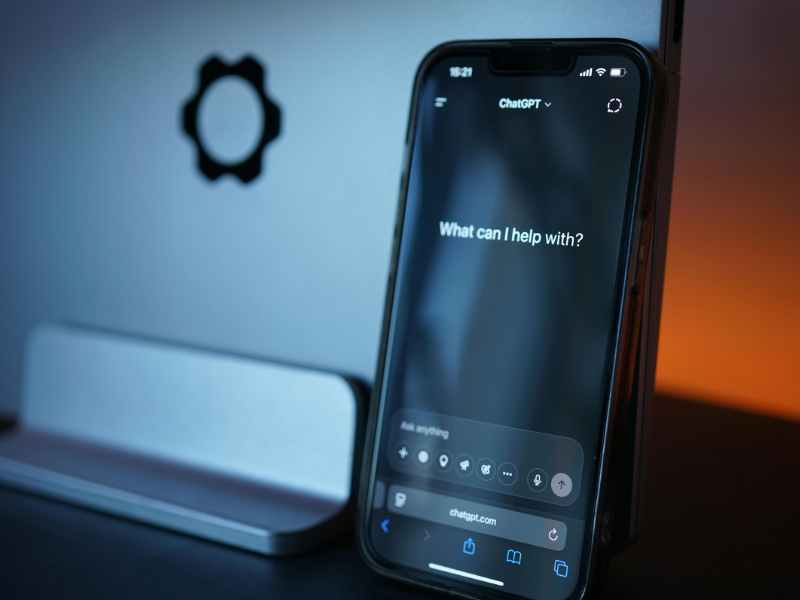A growing number of internet users are turning away from Google Search and choosing ChatGPT to find answers, make plans, and manage daily tasks — marking a major shift in global online habits.
For many, what began as simple curiosity has now become a daily habit. Users say conversational AI is faster, easier, and often more engaging than browsing through multiple web links.
“When I need quick answers—like what to cook with the ingredients I have or how to arrange my room—I just ask the AI,” said one user. “It feels like chatting with a helpful assistant rather than searching the internet.”
Professionals are also integrating AI tools into their workflow, using them for low-risk tasks such as drafting emails, writing code snippets, or comparing business software.
ChatGPT’s Popularity Doubles in 2025
Data from Demandsage, a market research firm, shows that ChatGPT now has more than 800 million weekly active users, up from 400 million in February 2025.
A separate report from Datos found that 5.99% of all desktop searches in July were conducted through large language models (LLMs), more than double the share from last year.
Traditional search engines like Google and Bing still dominate, but experts say LLMs are rapidly gaining ground because of their ease of use and conversational intelligence.
Experts: LLMs Reduce Mental Load
According to researchers at London’s Bayes Business School, people are turning to AI tools because they significantly lower “cognitive load,” or the mental effort required to process information.
“Instead of comparing ten different websites, users receive a clear, summarized answer they can refine in plain language,” said one analyst.
AI models excel at summarizing long texts, creating first drafts, generating ideas, and writing small portions of code. However, experts still caution that results must be verified, as factual mistakes and “hallucinations” remain common.
Google Responds with AI Features
Google maintains that overall usage of its search engine continues to grow, supported by new AI-powered features such as AI Mode and AI Overviews, which provide quick summaries and conversational answers at the top of search results.
Even so, analysts note signs of change. During a recent U.S. antitrust trial, internal testimony revealed that Google searches through Apple’s Safari browser declined for the first time in more than two decades—a potential indication that some users are shifting to AI tools.
Experts predict that rather than being replaced, traditional search will evolve into a hybrid system, where users combine AI tools for creative or exploratory tasks and search engines for verification, shopping, and bookings.
Businesses Rethink Marketing for the AI Era
As AI platforms become part of everyday search behavior, companies are adapting their digital marketing strategies to fit this new environment.
Marketing experts say brands now need to understand which online sources AI systems consider trustworthy.
“In beauty and fashion, for example, LLMs often rely on established media and review platforms,” said a digital strategy specialist. “Official websites and verified sources are favored over random social posts.”
Early data suggests that customers referred by AI tools are often more likely to make purchases, indicating that AI-driven recommendations could reshape how people discover and buy products online.
Consumers Rely on ChatGPT for Planning and Advice
For Hannah Cooke, head of client strategy at London-based agency Charlie Oscar, ChatGPT has become an essential part of daily life.
“I use it for skincare recommendations, travel itineraries, and even restaurant searches,” she says. “It saves hours of research and feels more personalized than Google.”
Cooke says she used ChatGPT to plan a two-week trip to Japan, including finding vegetarian-friendly restaurants — a task that would have taken much longer through traditional search.
A New Era of Search Begins
Experts agree that ChatGPT and other LLMs are not replacing Google — at least not yet — but they are redefining how people search, plan, and decide online.
As Lahady puts it:
“ChatGPT doesn’t just give me links; it gives me answers. And that’s the difference.”

